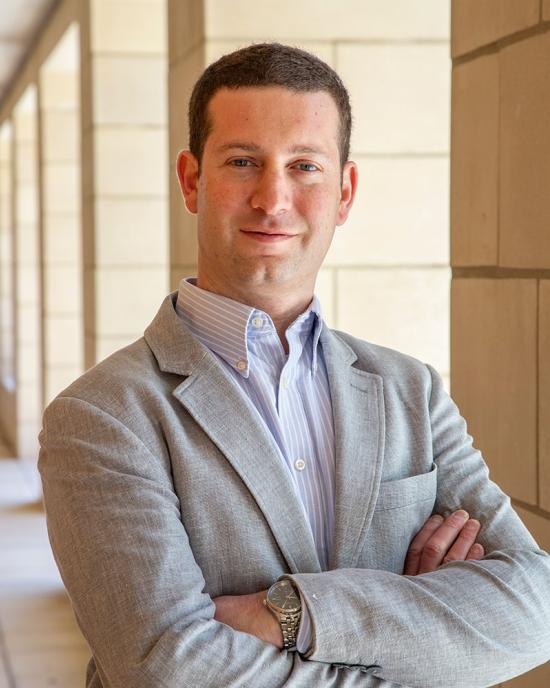Publication
Quantifying microbial control of soil organic matter dynamics at macrosystem scales
On This Page
Soil organic matter (SOM) stocks, decomposition and persistence are largely the product of controls that act locally. Yet the controls are shaped and interact at multiple spatiotemporal scales, from which macrosystem patterns in SOM emerge. Theory on SOM turnover recognizes the resulting spatial and temporal conditionality in the effect sizes of controls that play out across macrosystems, and couples them through evolutionary and community assembly processes. For example, climate history shapes plant functional traits, which in turn interact with contemporary climate to influence SOM dynamics. Selection and assembly also shape the functional traits of soil decomposer communities, but it is less clear how in turn these traits influence temporal macrosystem patterns in SOM turnover. Here, we review evidence that establishes the expectation that selection and assembly should generate decomposer communities across macrosystems that have distinct functional effects on SOM dynamics. Representation of this knowledge in soil biogeochemical models affects the magnitude and direction of projected SOM responses under global change. Yet there is high uncertainty and low confidence in these projections. To address these issues, we make the case that a coordinated set of empirical practices are required which necessitate (1) greater use of statistical approaches in biogeochemistry that are suited to causative inference; (2) long-term, macrosystem-scale, observational and experimental networks to reveal conditionality in effect sizes, and embedded correlation, in controls on SOM turnover; and (3) use of multiple measurement grains to capture local- and macroscale variation in controls and outcomes, to avoid obscuring causative understanding through data aggregation. When employed together, along with process-based models to synthesize knowledge and guide further empirical work, we believe these practices will rapidly advance understanding of microbial controls on SOM and improve carbon cycle projections that guide policies on climate adaptation and mitigation.

